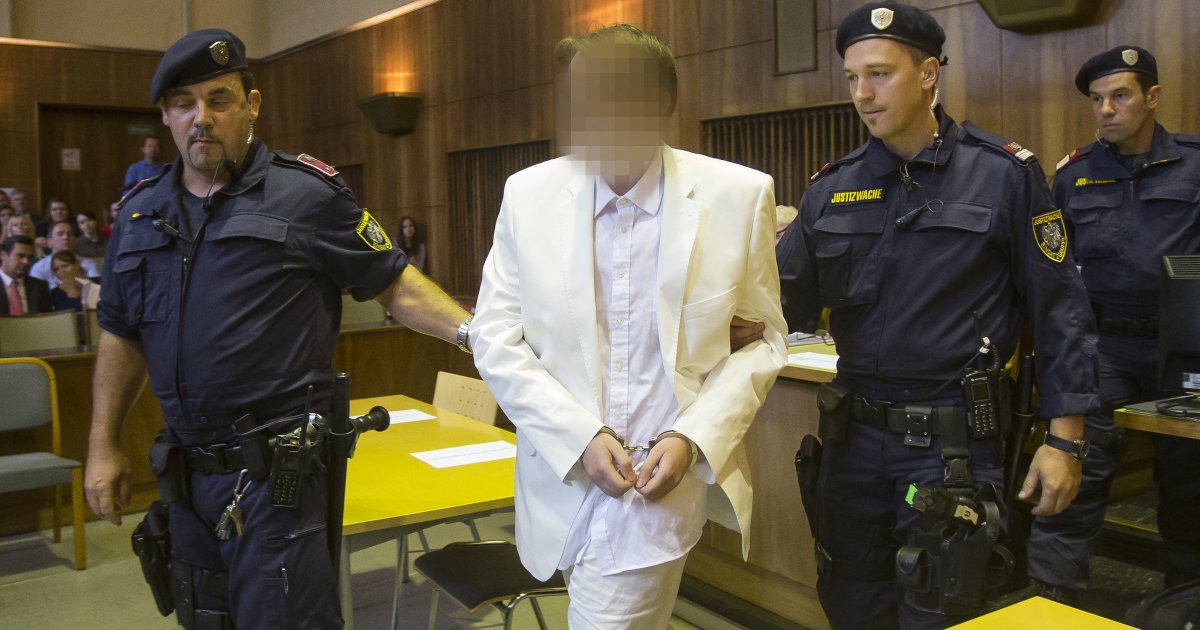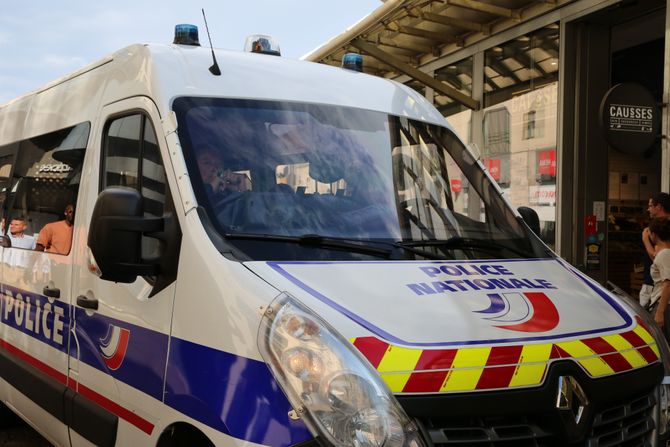The main topic of both articles is violent attacks in schools in Europe. The first article reports on a school massacre in Graz, where Alen Rizvanović, a truck driver, carried out a deadly attack, killing at least eight people before committing suicide. The second article covers a stabbing attack at a school in France, where a teenager stabbed a school supervisor who later died from her injuries. These events have caused shock and grief in society, with authorities and politicians expressing condolences and calling for measures to prevent future attacks. Media outlets across the political spectrum emphasize different aspects of these tragedies, including school security, the mental health of attackers, and the social consequences of violence.
Political Perspectives:
Left: Left-leaning media tend to emphasize the social and psychological factors behind the attacks, such as mental health issues, social alienation, and the need for better social support systems. They often call for increased funding for mental health services and criticize policies that may marginalize vulnerable groups. They also highlight the importance of addressing root causes of violence rather than focusing solely on punitive measures.
Center: Centrist media focus on balanced reporting, emphasizing the facts of the incidents, the immediate responses by authorities, and the need for practical measures to improve school security. They report on official statements, investigations, and community reactions, advocating for a combination of security enhancements and social interventions to prevent future attacks.
Right: Right-leaning media often stress the importance of law and order, stricter security measures in schools, and sometimes link the attacks to failures in immigration or integration policies, especially in cases involving perpetrators with immigrant backgrounds. They may call for tougher penalties and increased police presence, emphasizing personal responsibility and the protection of citizens.




